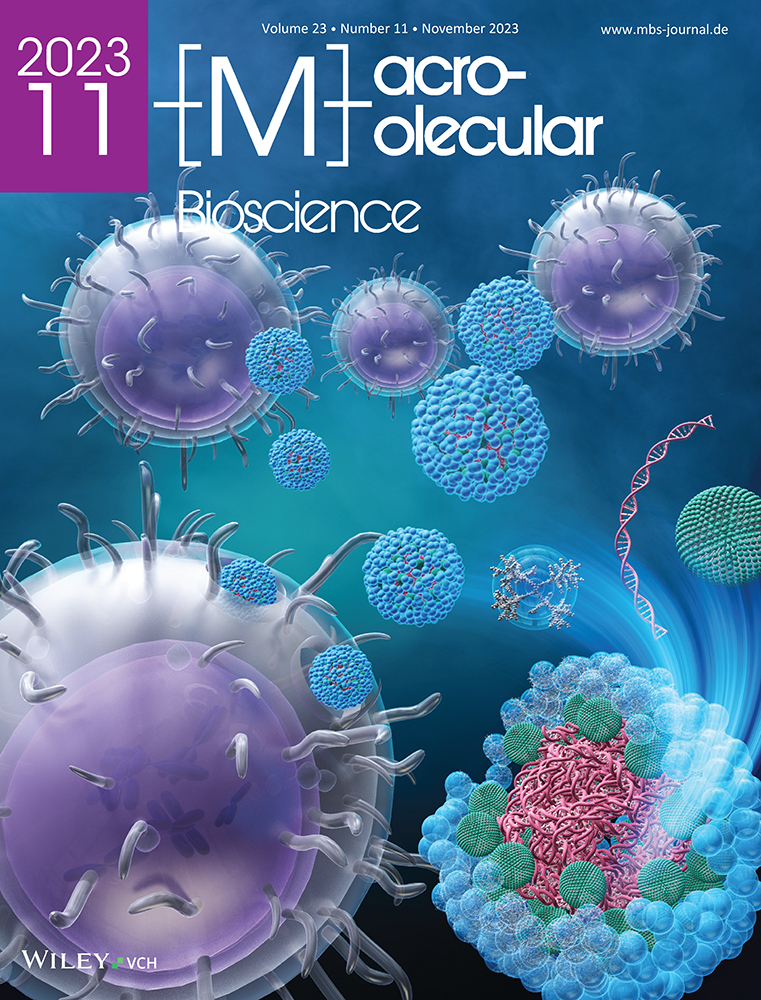Gene Delivery into T-Cells Using Ternary Complexes of DNA, Lipofectamine, and Carboxy-Terminal Phenylalanine-Modified Dendrimers
Abstract
T-cells play critical roles in various immune reactions, and genetically engineered T-cells have attracted attention for the treatment of cancer and autoimmune diseases. Previously, it is shown that a polyamidoamine dendrimer of generation 4 (G4), modified with 1,2-cyclohexanedicarboxylic anhydride (CHex) and phenylalanine (Phe) (G4-CHex-Phe), is useful for delivery into T-cells and their subsets. In this study, an efficient non-viral gene delivery system is constructed using this dendrimer. Ternary complexes are prepared using different ratios of plasmid DNA, Lipofectamine, and G4-CHex-Phe. A carboxy-terminal dendrimer lacking Phe (G3.5) is used for comparison. These complexes are characterized using agarose gel electrophoresis, dynamic light scattering, and ζpotential measurements. In Jurkat cells, the ternary complex with G4-CHex-Phe at a P/COOH ratio of 1/5 shows higher transfection activity than other complexes, such as binary and ternary complexes with G3.5, without any significant cytotoxicity. The transfection efficiency of the G4-CHex-Phe ternary complexes decreases considerably in the presence of free G4-CHex-Phe and upon altering the complex preparation method. These results suggest that G4-CHex-Phe promotes the cellular internalization of the complexes, which is useful for gene delivery into T-cells.
Conflict of Interest
The authors declare no conflicts of interest.
Open Research
Data Availability Statement
Data supporting the findings of this study are available from the corresponding author upon reasonable request.




